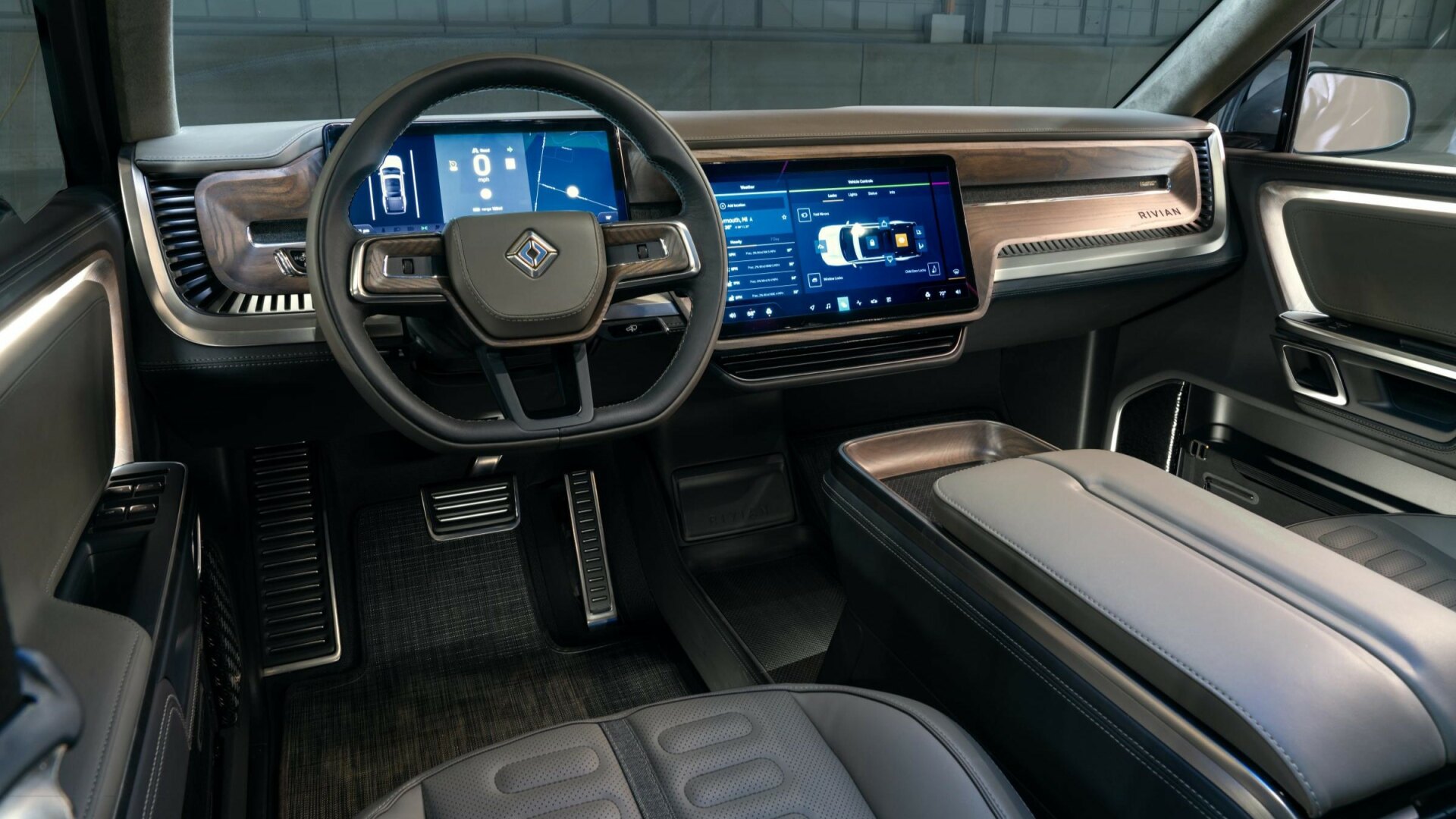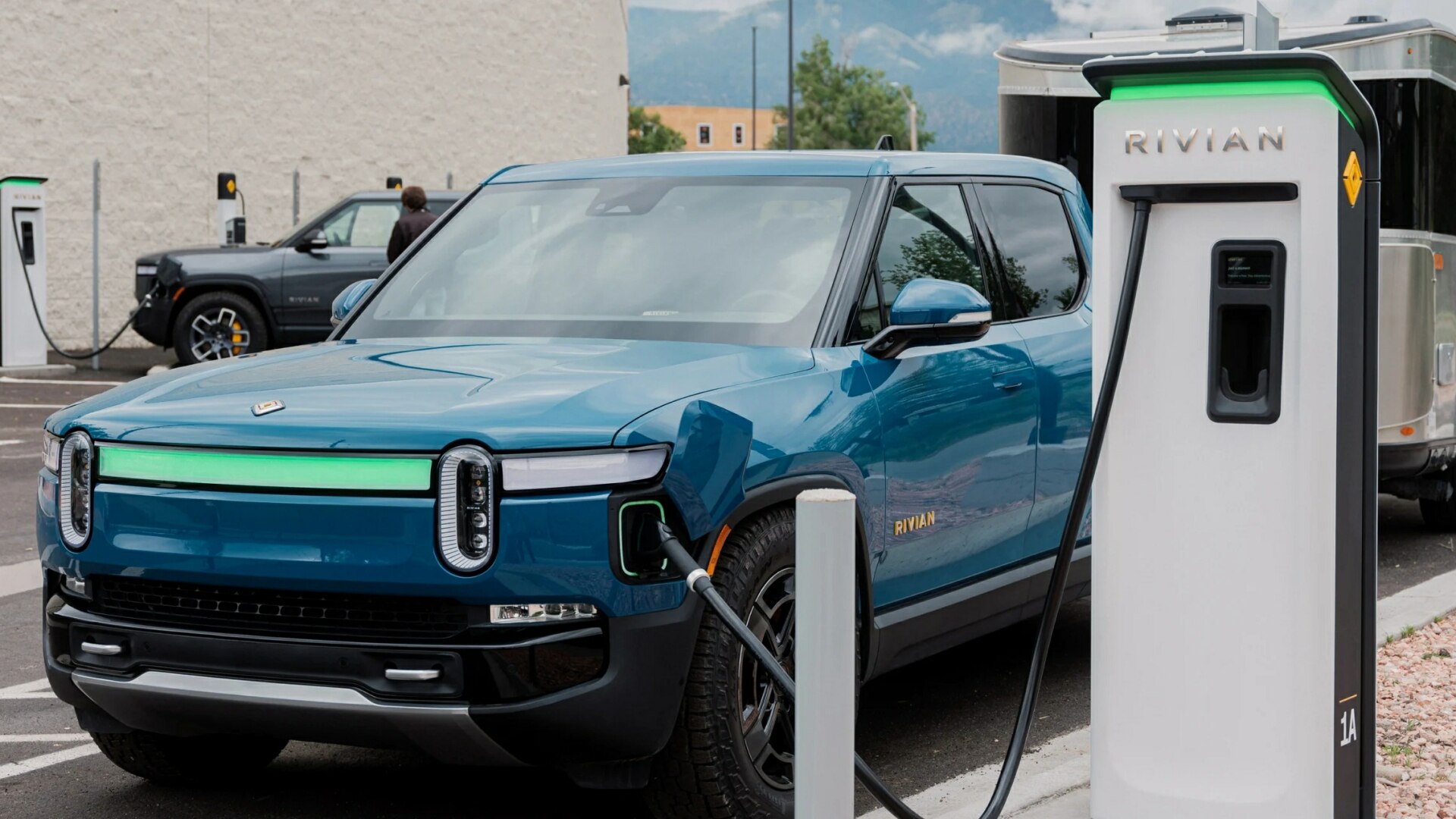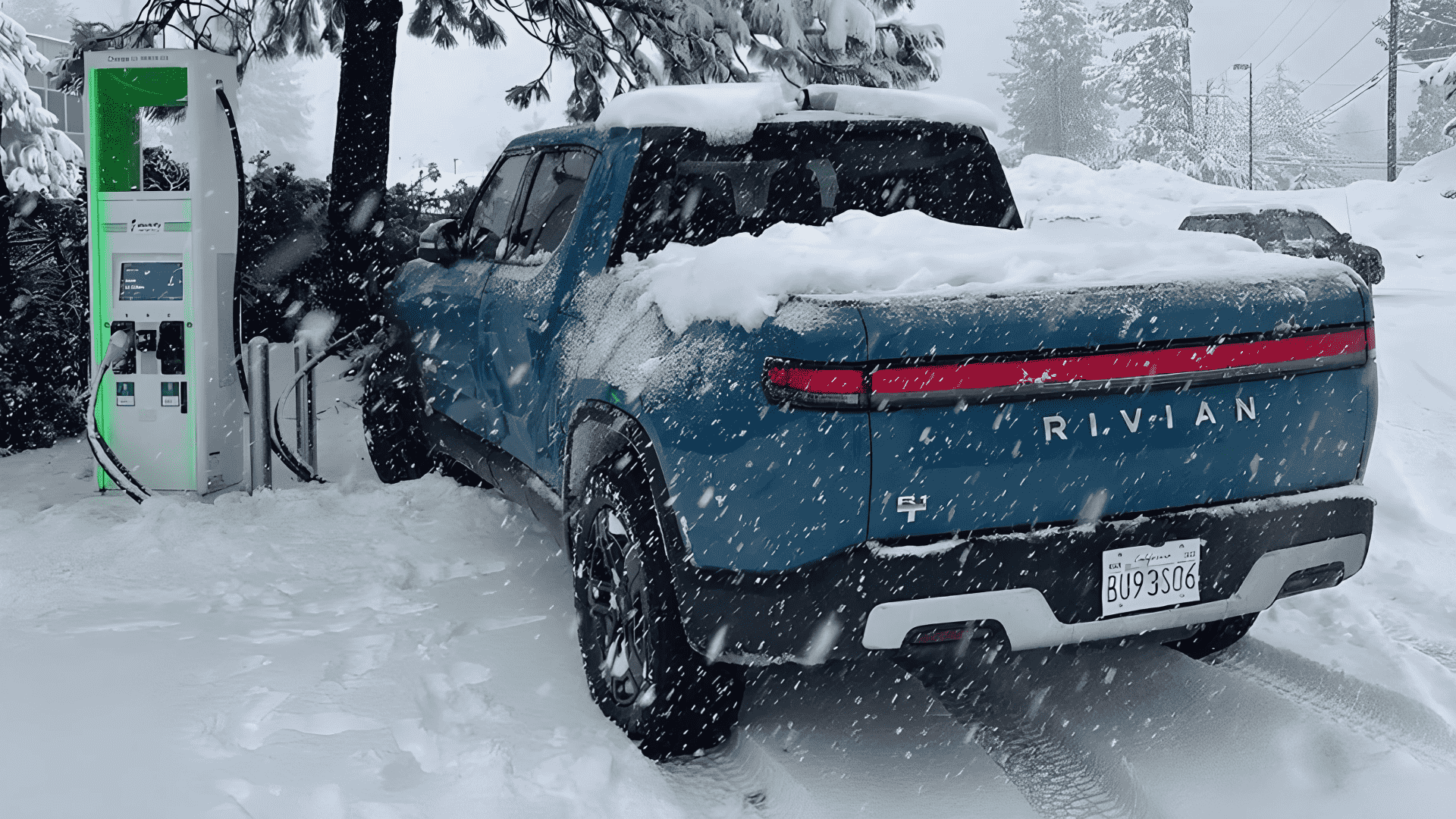In their recent analysis, the Car and Driver’s Testing Hub investigated the effects of cold temperatures on the range of an electric vehicle (EV), using their long-term Rivian R1T as a case study.
Contrary to the U.S. Department of Energy’s (DOE) claim of a 41 percent reduction in range in subfreezing temperatures, their findings painted a different picture. Despite the frigid conditions, the real-world highway range of the R1T dropped by only 27 percent, from 250 miles on a 42-degree day to 190 miles in 12-degree weather.
Acknowledging the multifaceted nature of the issue, the team pointed out various factors influencing EV efficiency in extreme temperatures. They highlighted that the past winter in Michigan, where their editorial office is located, experienced below-freezing temperatures, affecting vehicle efficiency. While the DOE’s estimates suggest a substantial drop in the range of EVs in cold weather, the team sought to validate these claims through their testing using the Rivian R1T.
Their evaluation involved conducting real-world highway range tests in both normal and below-freezing temperatures. The Rivian R1T, weighing 7054 pounds, underwent rigorous testing, starting with a range test in 42-degree weather upon its arrival nearly a year ago. Subsequently, during a 12-degree day, the same vehicle, with fresh tires and approximately 20,000 miles of use, demonstrated a 27 percent reduction in range.

To maintain consistency, the team conducted their range tests with the climate control set to 72 degrees Fahrenheit and without additional accessories, such as heated seats. They also engaged in a discussion with Rivian’s senior director of powertrain and thermal engineering, Henry Huang, to look into the scientific principles behind EV performance in cold weather.
Huang shed light on the impact of cold weather on vehicle efficiency, emphasizing the role of the resistive PTC heater in the R1T in maintaining cabin temperature. Additionally, he explained the thermal system’s function in regulating the battery temperature based on ambient conditions and other factors.

Despite the challenges posed by extreme temperatures, Huang highlighted the R1T’s adaptive thermal system, which strikes a balance between preserving battery health and minimizing energy consumption. He also mentioned the transition to a more efficient heat pump in upcoming Rivian models to enhance thermal efficiency.
Reflecting on their findings, the team concluded that while colder temperatures can impact EV range, the effects may not be as drastic as commonly perceived. As they prepare for future tests, they remain committed to providing comprehensive insights into EV performance under various conditions.

